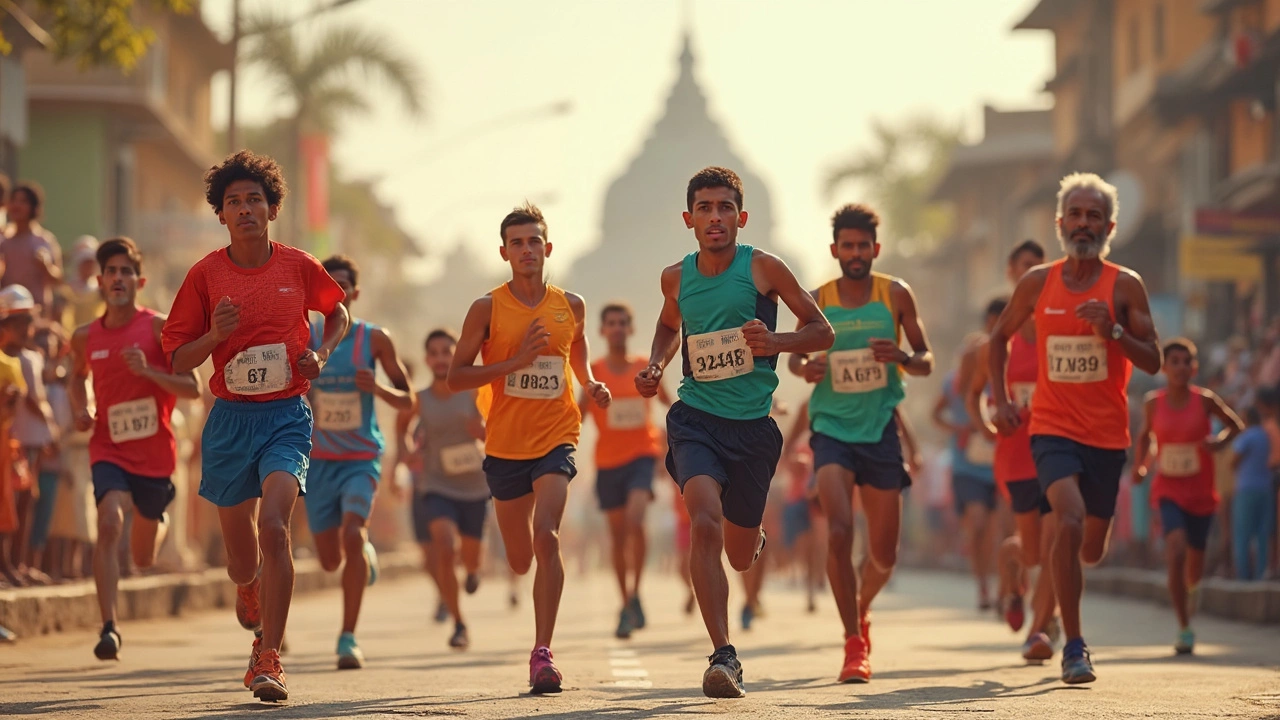Marathon Training Age: What Changes When You Get Older?
If you’re looking to run a marathon, the first question you might ask is, “Does my age matter?” The short answer: yes, but it’s not a deal‑breaker. Your muscles, recovery speed, and injury risk shift as you age, so you’ll need to adjust the plan to stay safe and improve performance.
Young runners (20‑30) can usually handle higher mileage and harder speed work because their bodies bounce back quickly. Mid‑lifers (30‑45) often see a dip in recovery rate, meaning they need more rest days and smarter intensity. Over‑45 athletes may need to focus on joint health, cross‑training, and keeping volume sustainable.
Key Adjustments for Every Age Group
20‑30 years: Feel free to push the volume to 50‑70 miles a week if you’ve built a solid base. Include two to three speed sessions—intervals, tempo runs, or hill repeats. Your body will adapt fast, but don’t skip a recovery week every 3‑4 weeks; even young athletes need a break.
30‑45 years: Aim for 40‑60 miles weekly. Cut one hard session per week and replace it with a moderate effort run. Add strength training twice a week to protect joints and improve running economy. Keep an eye on any niggling aches; addressing them early prevents long‑term downtime.
45+ years: Target 30‑45 miles per week, focusing on consistency over speed. Replace most fast workouts with fartlek or conservative tempo runs. Incorporate low‑impact cardio—cycling, swimming, or elliptical—to maintain cardio fitness while sparing joints. Stretching and mobility work become crucial, so spend 10‑15 minutes after every run.
Practical Tips to Boost Performance at Any Age
1. Recovery is king. Older runners recover slower, so prioritize sleep, nutrition, and foam‑rolling. A protein‑rich snack within 30 minutes after a long run helps muscle repair.
2. Strength matters. Add squats, lunges, and core work to your routine. Strong muscles absorb shock, lowering the chance of shin splints or knee pain.
3. Listen to your body. If you feel persistent soreness, back off the mileage and see a physiotherapist. Ignoring warning signs leads to setbacks.
4. Plan smarter race weeks. Cut back mileage 2‑3 weeks before the marathon, regardless of age. Tapering lets your muscles store glycogen and your nervous system reset.
5. Stay flexible. Incorporate yoga or dynamic stretching weekly. Flexibility reduces stiffness, especially important as tendons lose elasticity with age.
Remember, age only changes the numbers, not the determination. Many runners hit personal bests well into their 50s and 60s by respecting these tweaks. Track your progress, adjust the plan when needed, and enjoy the journey. The marathon is a test of consistency, not just speed, and with age‑appropriate training, you can cross that finish line strong.
